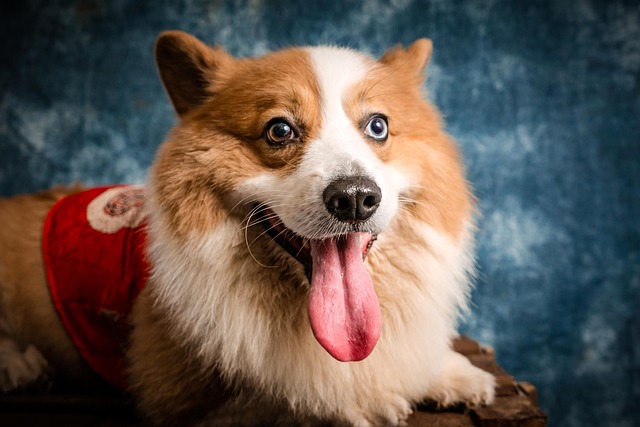
How do i train my dog to be obedient?
Watching your dog dart across the park ignoring your calls isn’t just frustrating—it can put them at risk near busy streets or public spaces.
That magical period when your puppy seems curious about everything isn’t just a cute phase—it’s a critical developmental window that will shape their personality forever. The absolute best age to socialize a puppy is during their primary socialization period, which runs from approximately 3 to 16 weeks of age. This isn’t just a good idea; it’s backed by extensive behavioral science showing that positive experiences during this time create a resilient, confident adult dog, while a lack of exposure can lead to fear and anxiety later in life.
The goal of socialization isn't to force interactions, but to create a steady stream of positive associations with the vast world around them. Their brain is primed to accept new things as normal during this window. However, there’s a crucial caveat: your puppy’s immune system is still developing. The key is to expose them safely before they are fully vaccinated. This means avoiding high-risk areas like dog parks and pet store floors where unknown dogs may have been. Instead, get creative. Carry your puppy to outdoor cafes, sit on a bench in a busy park, and let them watch the world go by from the safety of your lap. Invite friends over to meet them, especially people of different ages, sizes, and wearing hats or glasses. Pair every new sight and sound—a passing truck, a child on a skateboard, the doorbell— with a stream of tiny, high-value treats like chicken bits. This teaches them that new things predict good things.

This entire process must be rooted in positive reinforcement. Never force your puppy into a situation that frightens them. If they seem nervous, create more distance and continue rewarding calm behavior. Forcing a interaction or using any form of intimidation (like yelling or leash corrections) is culturally unacceptable under modern animal welfare standards and can create a negative core memory that undermines all your work. This is especially important for apartment dogs, who will encounter elevators, hallway noises, and neighbors daily. Socializing them to these specific stimuli prevents fear-based barking and creates a more peaceful living environment for everyone.
Your responsibility extends beyond your puppy’s confidence to their physical health and public etiquette. While socializing before full vaccinations is essential, it must be done smartly and in consultation with your vet. Furthermore, as you take your puppy out into the world, you must uphold your civic duties. This means always carrying waste bags and cleaning up immediately, a legal requirement in U.S. communities that shows respect for shared spaces. It also means ensuring your puppy’s rabies and other core vaccinations are kept on the schedule mandated by law. By thoughtfully socializing your puppy during this precious window, you’re not just raising a friendly dog—you’re fulfilling your role as a responsible owner who contributes to a safer, more harmonious community for all.

Watching your dog dart across the park ignoring your calls isn’t just frustrating—it can put them at risk near busy streets or public spaces.

New puppy owners often find themselves rushing to clean up accidents before they set in, and that’s where puppy pad training becomes a game-changer.

If you've noticed your dog's waistline disappearing and your veterinarian has mentioned those few extra pounds, your first instinct might be to simply reduce the amount of food in their bowl.

Training a dog to use a designated spot indoors isn’t as daunting as many new owners fear, but it does take consistency and an understanding of your pet’s needs.

That moment of dread on a walk is all too familiar for many new dog owners. You see another dog approaching down the sidewalk of your neighborhood

If the sight of another dog on your neighborhood walk makes your heart sink as your own dog erupts into a frenzy of barking and lunging, you're not alone.